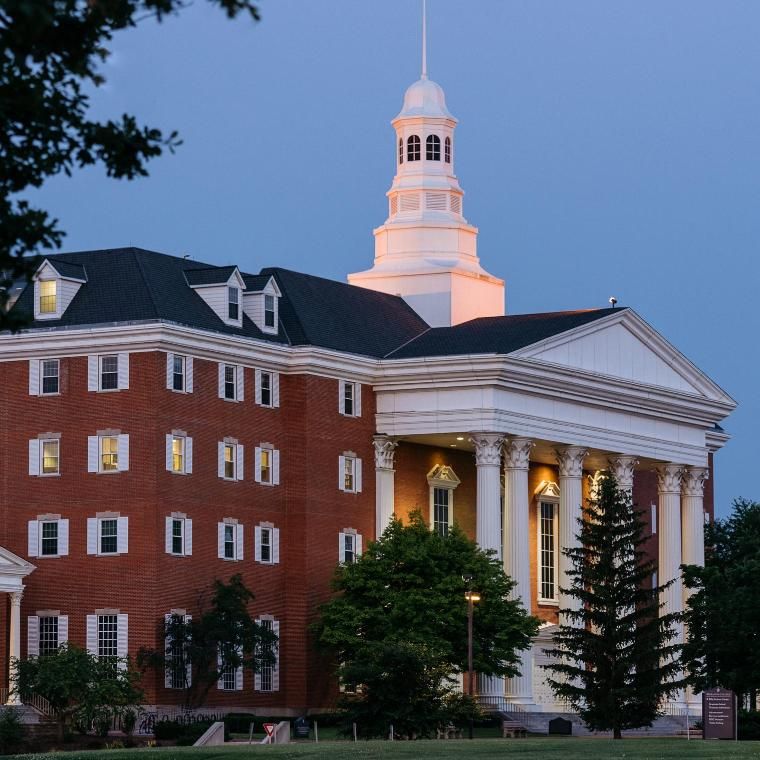Chris Ansberry, Ph.D. 2009
Chris Ansberry, Ph.D. 2009
 Recipient of the Ken and Margaret Taylor Fellowship
Recipient of the Ken and Margaret Taylor Fellowship
Lecturer in Biblical Studies
Oak Hill Theological College; London, UK
My dissertation was entitled “Be Wise, My Son, and Make My Heart Glad: An Exploration of the Courtly Nature of the Book of Proverbs” (Walter de Gruyter), supervised by Dr. Daniel Block. The work incorporates literary and sociological insights in order to examine the social dimensions of the book of Proverbs within its distinct, literary context. That is, the study explores the nature and function of the sapiential material within its performance context, viz., the discursive context, the Sitz im Buch. The investigation focuses on the fundamental features of the book’s discourse setting, the thematic development of the material, and the ethos of the individual collections in order to ascertain the degree to which the document may be considered a courtly piece. In the final analysis, the study concludes that the book of Proverbs may be considered a courtly document. The book incorporates the voice of the hoi polloi with specific matters pertaining to those in positions of power to shape a vision of life that is governed by the interests of the community as well as the responsibilities inherent in societal institutions of leadership. When the diverse materials within Proverbs are read within the discourse setting of the book, it appears to be a work of the court, by the court, and for the court, but in the interests of the people.
I decided to pursue a doctorate at Wheaton College for several reasons. Wheaton’s focus on rigorous scholarship within a community creates an atmosphere that cultivates strong interpersonal relationships among students and professors. The program’s interdisciplinary agenda provides students not only with a general knowledge of the field, but also with the means to converse with other disciplines. In addition, Wheaton’s emphasis on scholarship that is accessible to the church, rather than scholarship for scholarship’s sake, includes a vital, practical dimension to the academic enterprise. Each of these features played a prominent role in my decision to pursue a doctoral degree at Wheaton. However, one particular quality attracted my attention: the student-mentor relationship. The close, personal relationship between students and mentors extends beyond the walls of the classroom and the supervision of a dissertation. This relationship teaches students things that cannot be learned through books and qualities that cannot be acquired in the classroom. The student-mentor dynamic has taught me not only the intricate duties of a professor, but it has also provided me with an example of how to care for students, how to be an effective teacher, and how to be a responsible, godly scholar. This relationship may be the most significant aspect of Wheaton’s doctoral program; it is the principle feature that attracted me to the graduate school, and a relationship that has shaped my education.
